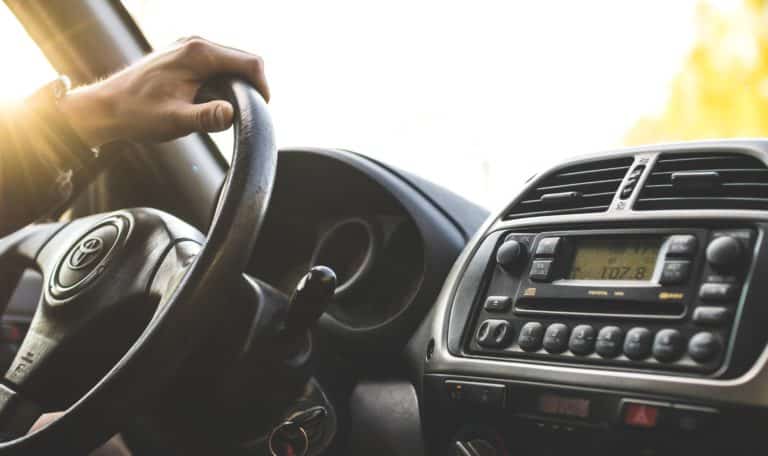Do Hearing Aid Batteries Expire?
Have you ever opened that kitchen drawer and found a little hoard of stuff you forgot you had? Maybe some stray rubber bands, a...
Posted on April 7, 2020
Hearing LossWhile hearing loss should not stop anyone from driving a car, it is important for those with a hearing impairment to take extra measures to remain aware of their surroundings while on the road. Below are some safe driving tips for people who experience hearing loss.

Having hearing aids only benefits you if you actually wear them. Even if it is tempting to slip them out of your ears during a long trip (especially if you have arguing kids or grandkids in the back seat), they are your best tool for staying aware of sirens, horns and other warning signals. If you don’t own hearing aids, talk to an audiologist.
Hearing aids are useless with a dead battery. Before hitting the road, charge your batteries (if your hearing aids are rechargeable), or change out old batteries. It is always a good idea to have spares on hand. In the event your batteries die while on the road, do not change them while driving.
Most people enjoy listening to music, talk-radio or a podcast while driving. While it is a better idea to keep the radio fully turned off, there may be times when you rely on those sounds to keep you entertained and/or alert. No matter what the situation is, if you turn on your car radio, keep the volume at the lowest volume you can still hear in order to limit distractions.
Nobody should take their eyes off the road, even to look at a GPS. Turn on the voice commands and keep them loud enough to hear clearly so you don’t have to look down at your dashboard while driving somewhere new.
Not only will wind noise through an open window mask important warning sounds, but wind and moisture are enemies of hearing aids. Keep the windows up whenever possible, especially on the driver’s side.
Some states require drivers with hearing loss to install an extra-large rearview mirror to help stay aware of what’s going on behind the vehicle. Even if your state doesn’t, it is a good investment that can help keep you and your passengers safer.
For more information about safe driving with a hearing impairment or to schedule a visit, call Pinnacle ENT Associates today.
Have you ever opened that kitchen drawer and found a little hoard of stuff you forgot you had? Maybe some stray rubber bands, a...
Tympanosclerosis is a post-inflammatory condition affecting the tympanic membrane, or eardrum, and middle ear. Tympanosclerosis can result in hearing loss or be asymptomatic and...
Otomycosis is a fungal ear infection affecting the outer ear. Fungal ear infections are less common than bacterial infections, making up 10% of all outer...
Ear pressure is the feeling that your ears are full, stuffy or plugged. Often compared to the sensation of having water in your ears,...